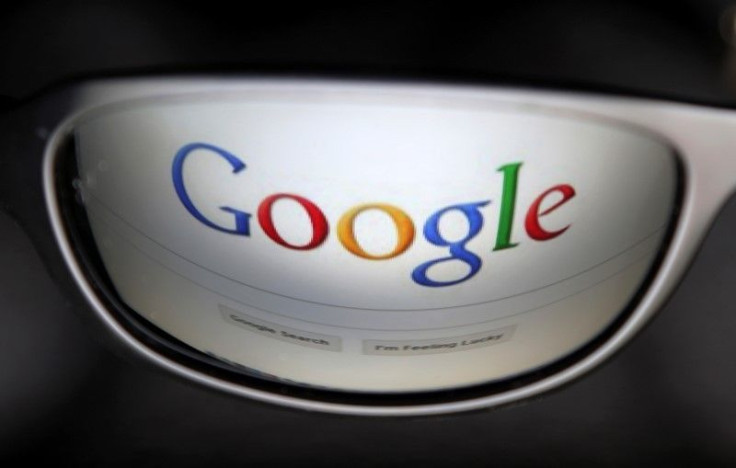Why Google Stands to Earn As Websites Move Towards Encryption

Information technology, electronic connectivity, virtual reality: these are just but a few things that characterize the world we live in today. It's the cyber era. In this modern generation, life is made easier with scores of technological advancements. However, it does not come without a price. One major concern with the cyber era is privacy or security.
Whether one is browsing through his favorite website or doing some internet shopping, there is always that one feeling that haunts people. Are we really safe online? To generate more confidence with online usage, Google announced that it would start using encryption as a mode of ranking and prioritizing safer sites. If the website is encrypted, then the search engines put site on top of the search hierarchy according to The Baltimore Sun.
Encryption basically rejects or discourages unauthorized access. It essentially puts a block or hindrance between web users from potential hackers, stalkers or unwanted snoopers whose intention is to solely steal data. This gives web users more protection and security against credit card fraud, password heists and many others. Encryption makes the users less vulnerable to criminal elements.
Google stands to make more profit with this premise. Google will charge additional fees to sites who want to be encrypted. Companies will be more than willing to pay for this additional benefit because they know that web users will more likely feel secure with encrypted sites vs non-encrypted ones noted by Seeking Alpha. Encrypted sites will have more traffic due to an increase in users; therefore it will attract more advertisers. More advertisers spell more income and profit for the sites. It is actually a win-win situation for everybody. Google gets more revenue for having an upcharge for the encryption. The sites draw more users thereby raking in the advertisers along with them. And, the web users get the satisfaction of feeling safer online; in other words, "peace of mind."






